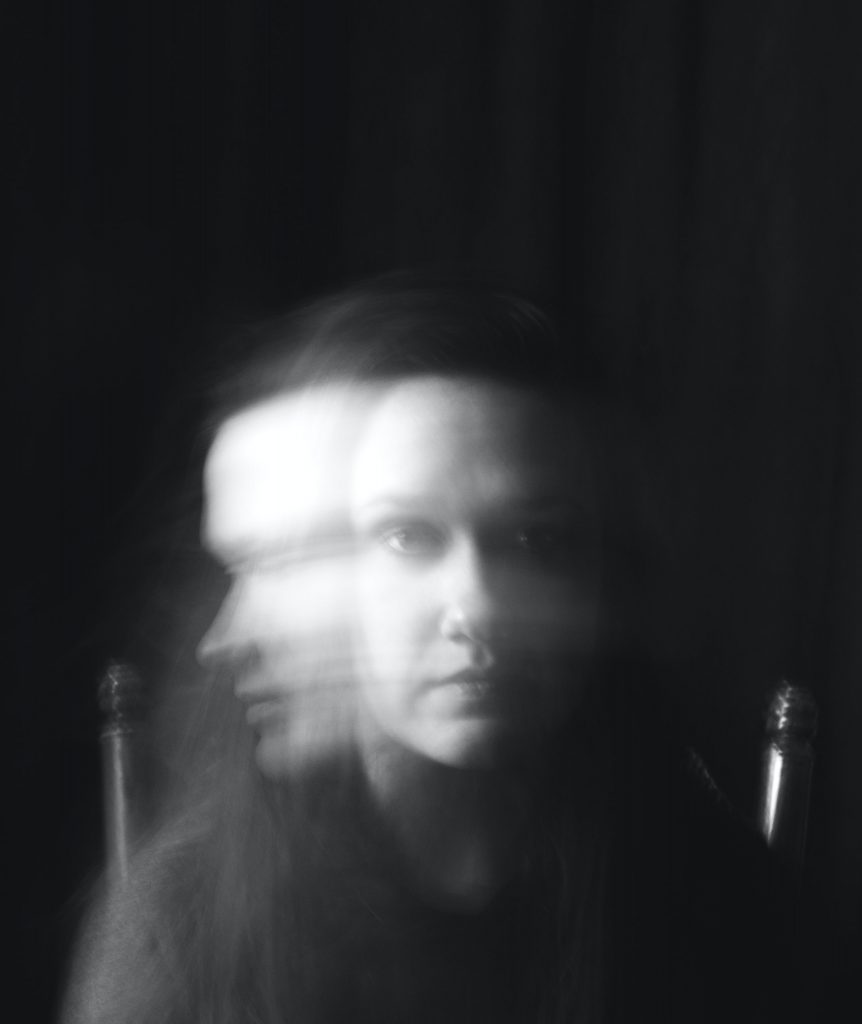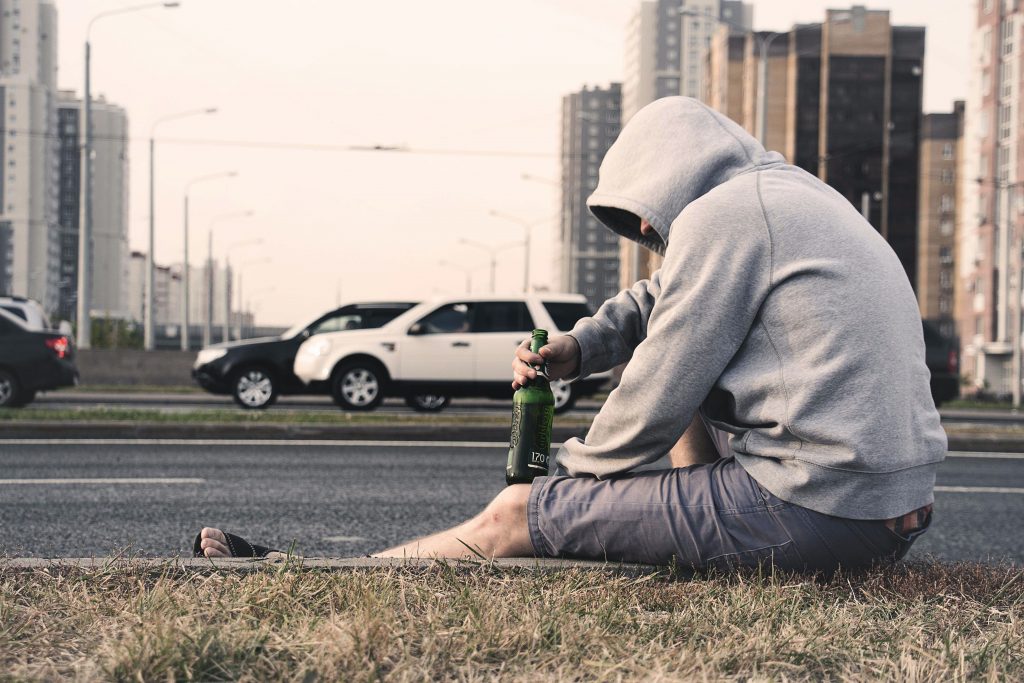10 Habits of People With Concealed Depression

Disclaimer: this article is not intended for self-diagnosis. It is advisable to get help from a licensed professional if you suspect you may have depression.
No two people experience depression the same way. It is therefore crucial that we take the initiative to be mindful, informed, and attentive towards those that reach out for help.
However, it is not uncommon for some individuals to keep their internal battles bottled up. This decision could stem from the worry of burdening others, conservative social attitudes that consider discussing mental illness taboo, and more. Whichever the reason, living with concealed depression can be a very isolating experience.
With that being said, here are 10 habits of those living with concealed depression:
1. They Always Seem to be Happy

Perhaps one of the most practiced habits amongst those with concealed depression is constantly wearing a mask of happiness. They may overcompensate for their depression by attempting to feign wellbeing. It is important to remember that just because we may perceive happiness in an individual does not always mean they are just as carefree in reality.
2. They Are a Perfectionist

Perfectionists often bear great expectations for themselves. As a result, they may feel internal pressure to hide any blemishes in projecting a picture-perfect image of themselves to others. They strive to accomplish without pulling the curtain back and revealing the effort they’ve expended and scars they’ve accrued while doing so.
3. Their Emotional Intuition is Highly Developed

Those with concealed depression may be amongst the most sentient in the world. The extent to which they feel emotion may translate into a deeper understanding of others and their feelings. Thus, they often embody an enhanced sense of empathy, and, oftentimes, just perceiving the sadness of others is enough to make themselves sad as well.
4. They Suffer From Abandonment Issues

Maybe this person has been previously expressive with their internal conflict, but due to the hurt of someone walking out on them, they are more reluctant to be vulnerable. It can then be quite daunting for them to expose themselves emotionally again.
5. They Have a Highly-Attuned Brain

Just like their hearts, their brains are hypersensitive to the world and environment around them. It can be overwhelming to live with a constant stream of thoughts and noise running through your head, so those with this trait often need time to comfortably recalibrate.
6. They Are Flippant When Asked About Their Wellbeing

Is this person quick to change the subject when you inquire about their wellbeing? It is great to reach out, but sometimes those with concealed depression may continue to deny their condition in front of you. They may frequently indulge in self-deprecation or show little regard for their own health and safety.
7. They Have a Knack for the Arts

Those with concealed depression often find an outlet for their emotions in the art they design or the music they produce. Their emotional experience can elevate their craft, but as healthy it is to channel one’s suffering and affliction through these creative pursuits, it is also as crucial that one seeks help when one needs it as well.
8. They Exude Subtle Cries For Help

These cries may not be perceptible at first, but if you pay attention, you can spot little inconsistencies in their routine-maybe they are missing class or school on a consistent basis, or neglecting their much-loved hobbies. It is critical that we are on the lookout for these signs, and that we react to them appropriately and with an open heart.
9. They Understand How To Self-Remedy

Those with concealed depression may have grown accustomed to the responsibility of maintaining their own wellness. This means that they know which activities can bring them solace and comfort, or which foods and medications they should intake to supply them with a chemical boost.
10. They Are Prone To Risky Behavior

We all find ways to cope with life’s many stressors, but, sometimes, those with concealed depression may turn to escapism or risky activities, such as gambling and drinking, to avoid confronting and dealing with their emotions. Meditation, exercise, or an engaging hobby can often serve as healthy alternatives to these unhealthy tendencies.
Do you recognize any of these habits in friends, family, or acquaintances? Because people and human emotion are so complex, those with depression cannot be categorized by one shared trait or another. Remember to approach each individual case with an open mind and sensitivity. Just reaching out, and checking in are two of the most effective actions you can take.
We hope you’ve learned about the various habits a person with concealed depression may have.
Thanks for reading!
-Psych2Go
References:
Brownhill, S., Wilhelm, K., Barclay, L., & Schmied, V. (2005). ‘Big build’: Hidden depression in men. Australian and New Zealand Journal of Psychiatry, 39(10), 921-931.
Crisman, Bob. “15 Real Habits of People with Concealed Depression.” Columbia Wellness, Columbia Wellness, 22 July 2019, www.columbiawell.org/blog/2019/7/22/15-real-habits-of-people-with-concealed-depression.
Herrick, L. (2015, Jan 8). 11 habits of people with concealed depression. Huffington Post. Retrieved from https://www.huffpost.com/entry/11-hab…
Overend, K., Bosanquet, K., Bailey, D., Foster, D., Gascoyne, S., Lewis, S., . . . Chew-Graham, C. (2015). Revealing hidden depression in older people: A qualitative study within a randomised controlled trial. BMC Family Practice, 16(142), 1-8.
Staff, Editorial. “What Is Concealed Depression?” Laguna Treatment Hospital, 24 June 2019, lagunatreatment.com/mental-illness/depression/concealed/.



Responses